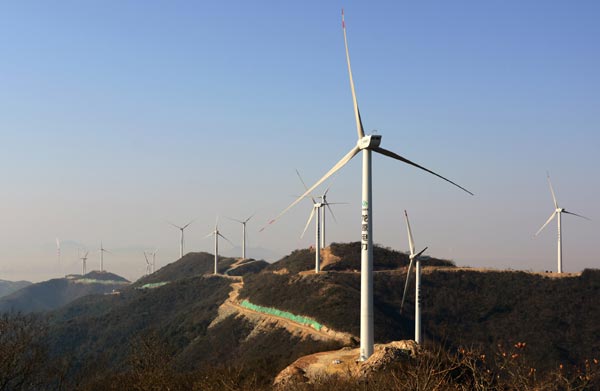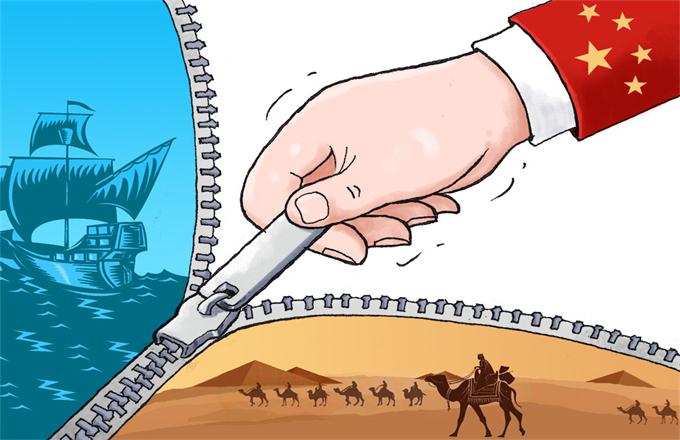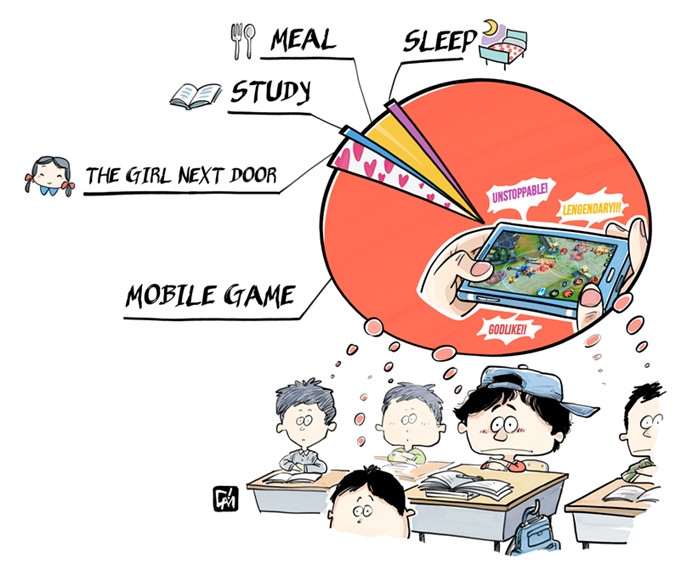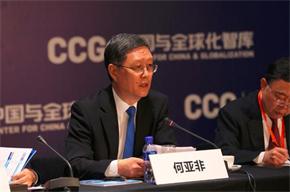Expanding renewable energy solutions in Africa partnership with China
|
 |
|
A wind farm in Zhoushan, Zhejiang province. China's investment in clean energy in 2014 hit a record $89.5 billion, accounting for 29 percent of the world's total. [Photo/China Daily] |
I recently met Hawa Adams, a vegetable farmer. Hawa lives with her husband and eight children in Tamalgu, a farming community in northern Ghana. She complements her income through a pilot demonstration initiative launched by UNDP with local NGO, New Energy. Over the past two years, she and 77 other families in the community have been testing enhanced agriculture production methods using drip and regular irrigation.
She smiles when I ask her to speak about some of the benefits of the initiative. Schooling for her children, access to health services and additional income for the household are some of the benefits she cites. Bu the most important one is: No more hungry months for her and the family to go through.
Power is scarce across sub-Saharan Africa. Of the 1.2 billion people that live without electricity worldwide, half are in Africa. Combined with the fact that by 2040, Africa will need 4 times of its current consumption given the increase in GDP, a doubling of population, electricity-access levels reaching more than 70 percent by 2040, and overall increased urbanization. By 2040, sub-Saharan Africa will consume as much electricity as India and Latin America combined did in 2010.
Given the key importance of expanding access to affordable and stable power supply for rural and urban households, SMEs and industries at large, it is vital that African countries in partnership with organizations such as UNDP, should seek to create a conducive environment that attracts local and international investments in power generation systems that complement the often overloaded and insufficient national grids.
Emerging economies may have concrete and very recent experiences that can help African governments adjust policies to facilitate this move. With financing from the Danish government, UNDP is leading such an innovative initiative with the governments of China and Ghana that brings China’s experiences in creating the right forms of pricing mechanisms, subsidies and taxation policies on renewable energy in order to facilitate private sector investment in off-grid solutions. The project will pilot demonstration initiatives that aim to show business viability for potential investors in solar, cook stoves, hydro and biogas solutions.
After bidding farewell to Hawa Adams and her family in Tamalgu, on the way back to Accra, we passed other, similar initiatives that pilot various forms of provision of renewable energy for productive use. Continuous testing and piloting is vital. But if we are to ensure swift progress in meeting SDG 7 on clean and affordable energy – which has a direct bearing on most other SDGs - then national governments must quickly push for scale-up of successful approaches in partnership with international organizations and development partners, and most importantly the private sector.
The author is the United Nations Resident Coordinator and UNDP Resident Representative in China.





















